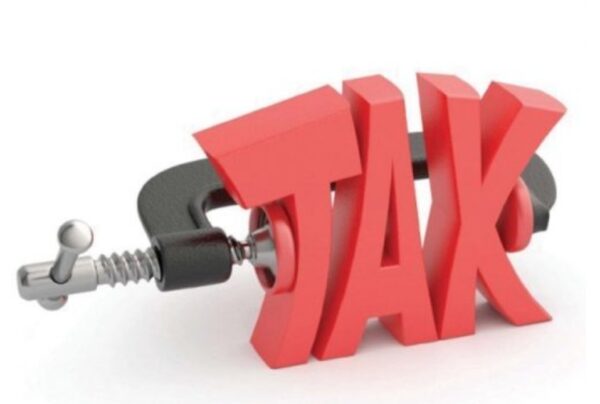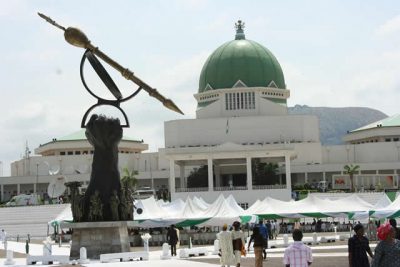N2tn indirect taxes paid in nine months – Report
Amid an economic downturn and rising inflation, the tax burden on Nigerians in the first nine months of 2022 increased by N285.13bn.
This is as Nigerians paid N2.01tn in indirect taxes in the period under review, a 16.57 per cent increase from the N1.72tn paid in the corresponding period of 2021, according to the National Bureau of Statistics.
Calculated based on current basic prices, indirect taxes are taxes such as value-added taxes, customs or import duties paid to the government by a producer that are later passed on to the consumer.
According to the NBS, the nation’s Gross Domestic Product grew by 2.25 per cent (year-on-year) in real terms in the third quarter of 2022, a 4.03 per cent decline from the third quarter of 2021. This was a result of a reduction in growth due to the base effects of the recession and the challenging economic conditions that had impeded productive activities in the nation.
With a global economic downturn affecting revenue projections and growth, the Federal Government has resorted to raising its tax endeavours. In its 2023-2035 Medium Term Expenditure Framework and Fiscal Strategy Paper, the government revealed it was struggling with revenue generation.
To improve revenues, the government said, “These measures include improving the tax administration framework, including tax filing and payment; as well as introduction of new and/or further increases in existing pro-heath taxes like excise on sugar sweetened beverages, tobacco, and alcohol. Mixed reactions have greeted the implementation of these measures.”
According to the International Monetary Fund, the Federal Government must step up the implementation of tax administration reforms, expand tax coverage under a well-designed roadmap and strengthen taxpayer segmentation.
It also advised the government to increase VAT by 100 per cent from 7.5 per cent to 15 per cent by 2027.
In its Staff Concluding Statement of the 2022 Article IV Mission, the Washington-based lender said, “The mission advised the authorities to consider adjusting tax rates to levels comparable to the average in Economic Community of West African States as compliance improves.
“This includes further increasing the VAT rate to 15 per cent by 2027 in steps while streamlining numerous VAT exemptions based on systemic reviews, increasing excise rates on alcoholic and tobacco products while broadening the base, and rationalizing tax incentives by streamlining tax expenditures based on comprehensive periodic reviews.”
Commenting on the increase in indirect taxes, an Associate Professor of Economics at the Pan Atlantic University, Olalekan Aworinde, had told media, “What this implies is that the government is trying to expand the tax net. It is indirect taxes, probably taxes on telecoms, or it could also be on import and excise duty.
“It is good, meaning the government is trying to bring in more revenue in terms of taxes instead of relying on oil prices. What they need to do is to look at that avenue where they are getting this result and develop them properly so that they don’t just milk it without investing in it to grow.”









